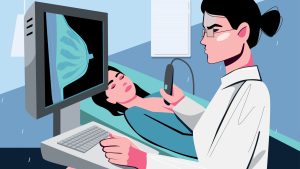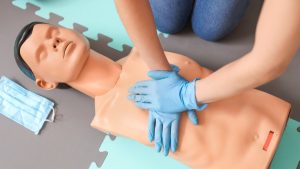Articles / Managing non-hospitalised COVID patients

These are activities that expand general practice knowledge, skills and attitudes, related to your scope of practice.
These are activities that require reflection on feedback about your work.
These are activities that use your work data to ensure quality results.
These are activities that expand general practice knowledge, skills and attitudes, related to your scope of practice.
These are activities that require reflection on feedback about your work.
These are activities that use your work data to ensure quality results.
Having some evidence-based guidelines on when a COVID-positive patient needs hospitalisation is likely to be welcomed by the GP currently managing these self-isolating patients.
The advice outlining the distinction between mild, moderate and severe disease is part of the new government-sponsored ‘living guidelines’1, put out by a coalition of Australian expert professional groups that include organisations such as Cochrane Australia, the Australian College of Emergency Medicine, the two GP colleges (RACGP and ACRRM) as well as many others.

Heavy Menstrual Bleeding in Adolescents

Chronic & Recurrent Cough – A Practical Approach

DKA Prevention & Diabetes in Children

Epilepsy & Menopause



Yes, if the referral process involves meaningful collaboration with GPs
Yes
No
Listen to expert interviews.
Click to open in a new tab
Browse the latest articles from Healthed.
Once you confirm you’ve read this article you can complete a Patient Case Review to earn 0.5 hours CPD in the Reviewing Performance (RP) category.
Select ‘Confirm & learn‘ when you have read this article in its entirety and you will be taken to begin your Patient Case Review.